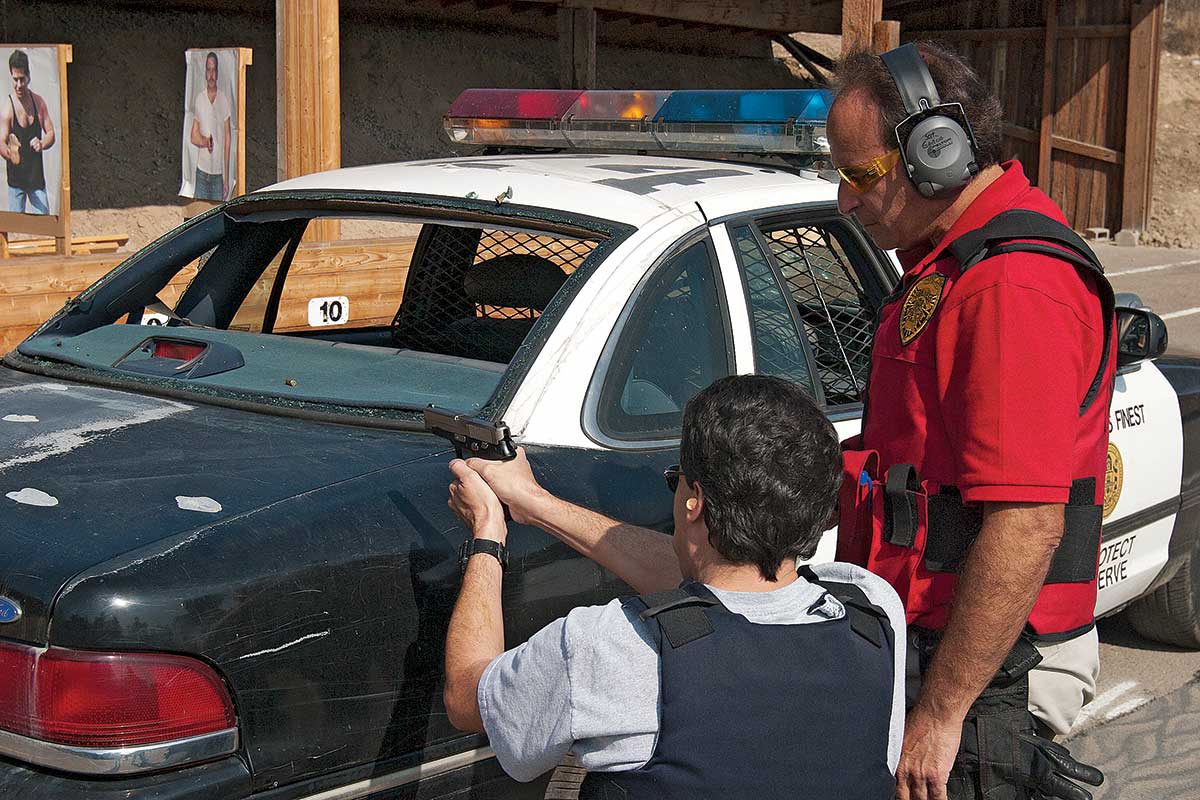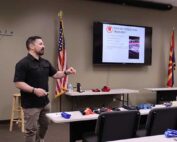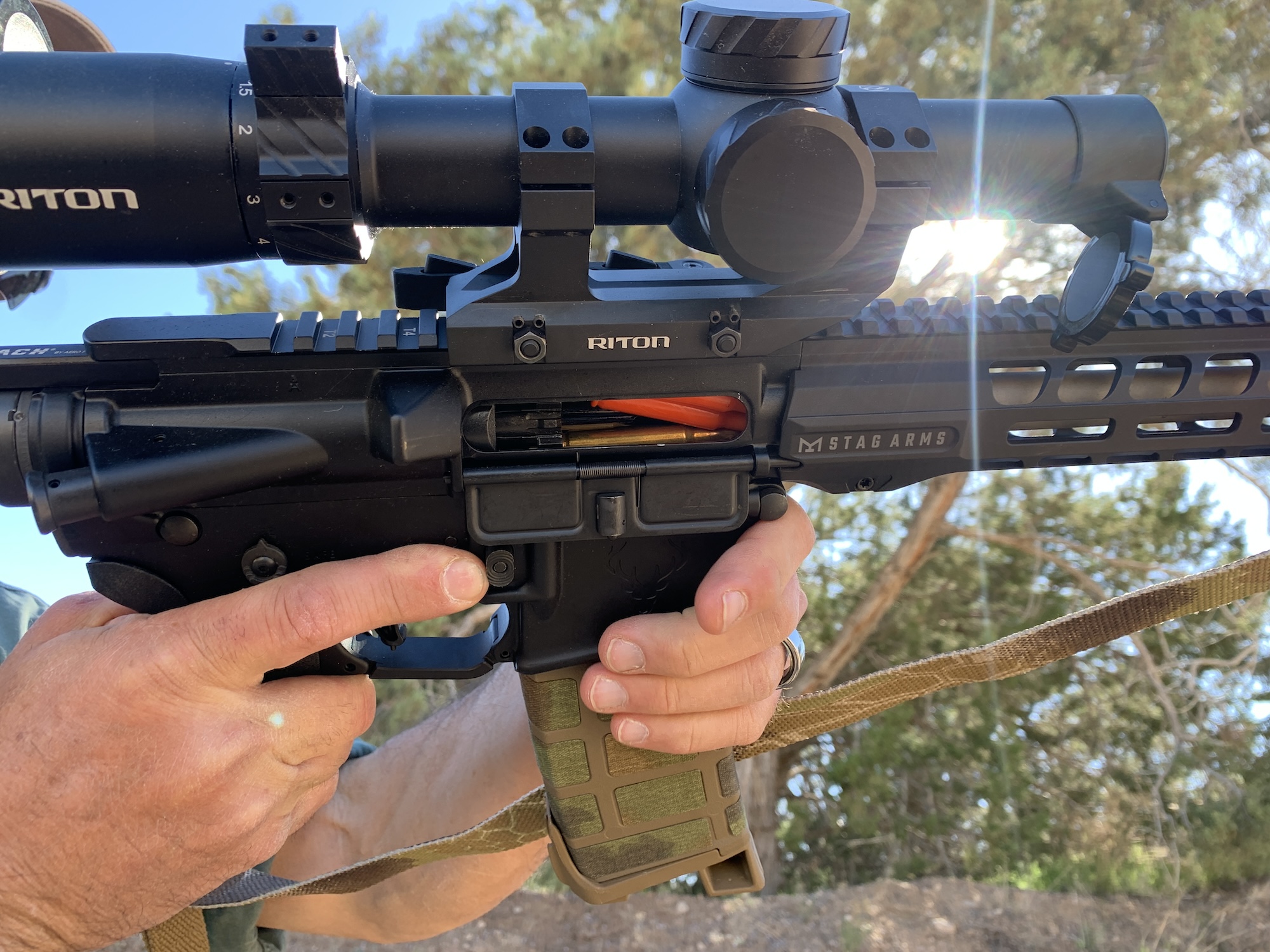
VANTAGE-2
Look back to your youth and ponder your school days. Did you have teachers you admired, who made the learning process fun and exciting? Could you see their passion for the subject and did they pass it on you? I did. Now think of the teachers you didn’t like — the ones still employed simply because of tenure — going through the motions of a lesson plan, never connecting with their students. I found those classes worse than the thought of having my fingernails pulled out. I thought, if the teacher doesn’t care about this subject, why should I?
In the dictionary, and even here, we tend to use the terms instruct/teach and instructor/teacher synonymously. But where you truly see the difference is by looking at the definitions of their root words. To teach is to cause to know something; to guide the studies of; or instruct by precept, example or experience.
That last part really hits home when I think of the teachers who’ve had the most impact on me. To instruct is to give knowledge to; provide authoritative information or advice; to give an order or command. The definitions of instruct represent everything officious and awful about the teachers I despised.
Have you been an academy instructor? Perhaps you’re part of the in-service training staff, or maybe you have your own training company as a side job. The question is: Are you a teacher or an instructor? Do you keep your students’ attention and enthusiasm through interesting or funny examples — and your own experiences? Do you learn from your students? Or, are you like the teacher in the Peanuts cartoon, orating (“wah-wah-wah”) to the minions?
Do you feel there’s nothing your students can teach you?
During my early police career I was subjected to several range instructors who fancied themselves shooting and tactics gurus. The only problem was, they had marginal people skills — and often came across as arrogant twits. One night at a quarterly qualification shoot, I was shooting quite poorly. It became clear about halfway through the session I wasn’t going to pass. The instructor announced quite loudly for all to hear, “Suzi, you’re shot — you’re dead. You can step off-line and try again after we’re done!” The disdain in his tone was overwhelming. Really? Hey, how about I finish shooting anyway — I can obviously use a little extra practice — and then we’ll have that do-over? Then he barked, “You’re slapping the trigger.”
Thank you Captain Obvious, but maybe you’d like to give me a few pointers (through example and based on your experience) on how I might correct this problem? But I learned he couldn’t — ever. He simply wasn’t up to the task.
Did he actually teach me anything? Yes, but not what he thought he was teaching me. I learned he was not smart enough to encourage me to keep shooting, that I wasn’t “dead” simply because I missed — to keep at it! He also taught me how not to behave. Bullying, embarrassing or demeaning students is not conducive to a healthy learning environment.
The other end of the spectrum is represented through those who made learning traffic investigations so interesting during my tenure there. Most of the teaching staff not only had a command of the material, but they had an incredible passion for the science behind crashes. Learning was fun, even when we made mistakes. After all, school is where you should make mistakes, not while you’re investigating a fatal or felony scene.
I’ve had some incredible defensive tactics instructors too. I’ve also had lousy ones. What made the good ones really stand out is they took the sea of crusty old cops with all their physical limitations (code for, I ain’t interested in learning any new-fangled ground wrestling, MMA, voodoo magic fighting fad) and still managed to make it fun.
If the teacher is excited about the topic, enthusiastic, anxious to excel, to learn from the students, makes the learning experience such that students are craving more, high-fiving each other and trying hard — that’s fun. And when something is fun, people tend to want to do it, to keep doing it, and to practice it.
Soo …
If you’re a teacher, remember to dig deep inside yourself. Keep your own passion for the subject matter at the forefront; remember your own excitement as you learned what you are now teaching. Teach like the teacher you once had who caused you to find that spark of interest in yourself, and helped you fan it into a blaze.
Keep that fire alive when you teach. The rewards pay dividends in safer cops — and the kind of respect only a good teacher gets.














